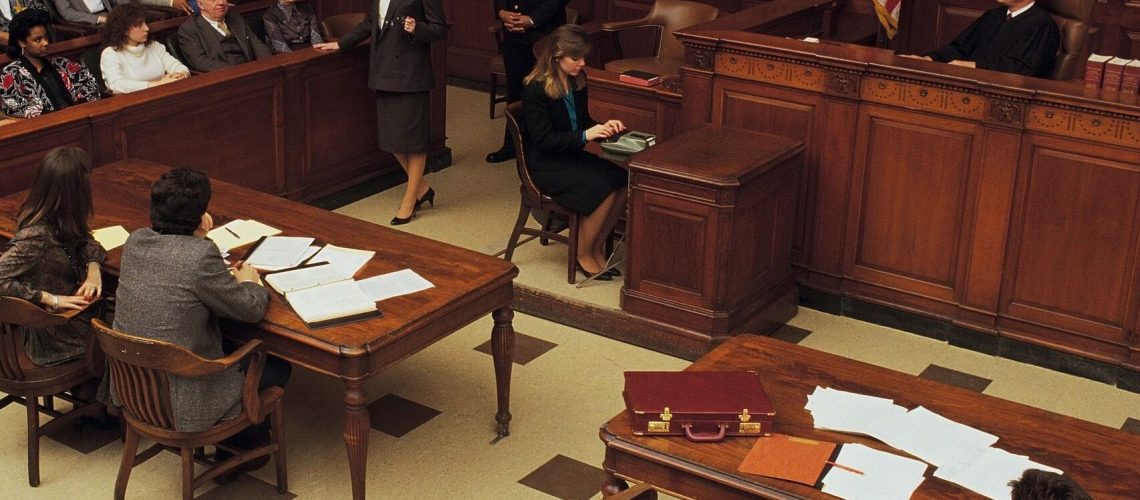Facing Serious Violent Felony Charges in Georgia
Before joining the team at Arora and LaScala, I was a teacher in an urban school district in Kansas City, Missouri. During my time as an educator of both middle school and high school students, I saw first hand the mentalities of young children who commit serious felonies. Many of them simply do not understand nor grasp what it means to commit a felony, and in many instances, what impact a felony conviction will have on the trajectory of their lives. Very few of these children had people in their lives that could help navigate and steer them away from committing serious felonies.
One of my greatest challenges as an educator was learning to impact my students not only in the classroom, but also in the way that they chose to conduct themselves in their daily lives. All of my students were far below their grade equivalent reading levels, and most struggled with basic syntax of the English language. Even with these shortcomings, most found the struggles of their daily lives weighed more heavily on their behavior than anything related to their education. Unfortunately, many of my students have felonies on their records, and I only wonder what their outcomes would have been had they had proper legal representation.
Violent felonies, which include murder, rape, armed robbery, aggravated child molestation, aggravated sodomy, aggravated sexual battery, and kidnapping, are commonly known as the Seven Deadly Sins in Georgia. Along with their stigma upon conviction, these crimes, excluding murder, each carry a mandatory minimum sentence of ten years, without the opportunity for parole. Their maximum possible sentence is life in prison. Anyone convicted of one of these felonies must serve the entirety of his sentence in custody, unless sentenced to life. If given a life sentence, he will serve at least 30 years before becoming eligible for parole.
These standards for violent felonies are applied to all individuals, including children as young as thirteen years old. This means that children, who commit these crimes, will be charged as adults and automatically face the mandatory punishments these crimes require. Being convicted of one of these felonies can take the form of something as simple as robbing a store with one’s finger in the shape of a gun hidden underneath his shirt. This person would face charges of armed robbery for simply committing a robbery with a replica of a weapon, based on the belief that he had a concealed weapon during an armed robbery. Once a person is convicted of one of these crimes, a reversal of the conviction through an appeal is a near impossible task.
With some of the harshest punishments for violent felonies in the nation, I can only imagine how being exposed to a system of this nature would have shaped the lives of my students. For some of my youngest students, committing a felony at the age of thirteen would mean they would be growing up in a prison system, instead of enjoying the experiences of being a child. No matter the age, facing charges for violent felonies is a life altering experience and not an one to be taken lightly.
Therefore, it is necessary to have representation that takes into account the holistic situation of the client and his case so these charges can be reduced or dismissed correctly the first time.










